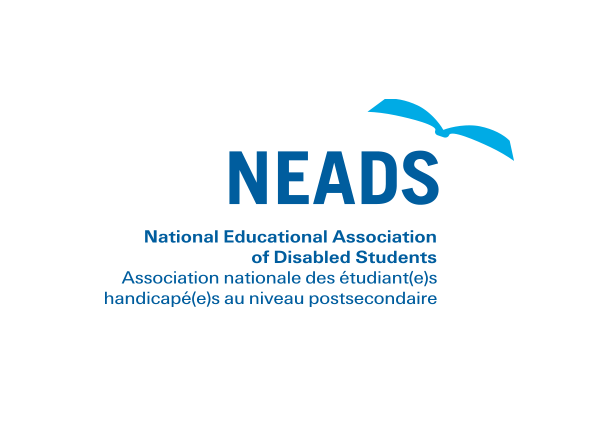Career development in research and consultancy in STEM
May 8, 2019
Post-secondary students with disabilities face gaps in career education services
May 10, 2019By Amani Hitimana
Twenty-two percent of the general population in Canada or 6.2 million Canadians have at least one disability (Canadian Survey on Disability, 2017) and yet this minority group is under-researched in academic fields (Lengnick-Hall et al., 2008; Shore et al., 2009).
Morris-Wales (2010) noted that there is a need to determine the most important employment factors affecting the career progression for persons with disabilities. The present study responds to this call for research by addressing the following question: “What employment factors are the best predictors of high organization-based self-esteem (OBSE) among employees with disabilities?” This is the first study of its kind to link OBSE with job factors job such as pay satisfaction, satisfaction with schedule flexibility, job satisfaction and workload among employees with disabilities. Understanding the correlation between the selected job factors and OBSE will become increasingly important in the coming decades, due to the labour shortage and the reality that disability rates are continuing to increase in Canada.
In terms of results, a positive correlation is expected to be found between the selected job factors and OBSE – thus, the greater the satisfaction that employees with disabilities find in terms of pay, workload, schedule flexibility and their job responsibilities, the higher the OBSE level. Considering the increasing rate of employees who are not adequately engaged with their work and the upcoming shortage of talent to fill important employment positions (Wall, 2015), if organizations succeed in optimizing these factors, they will retain employees with disabilities. However, these organizations will then face the further challenge of ensuring that their employees with disabilities are supported in terms of their having positive self-esteem and being deeply engaged with the organizations that choose to employ them.
Author Bio
Amani Hitimana is a doctoral student in the Faculty of Adult Education and Community Development at the University of Toronto, with a specialization in Workplace Learning and Social Change. His passion to advocate for vulnerable populations has since translated into a leadership priority. He works for Christian Horizons as a Program Manager and serves as a board member for the Ontario Disability Employment Network (ODEN).
